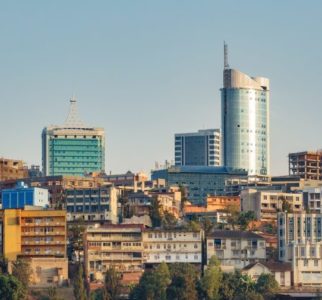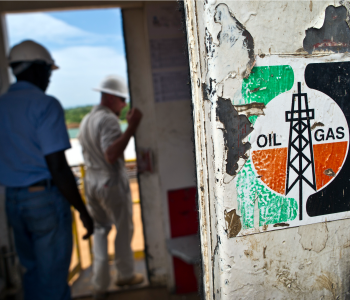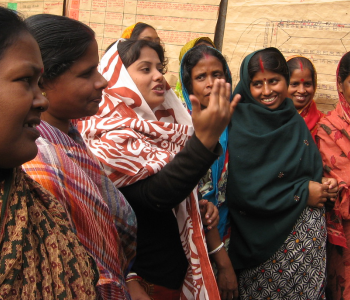Researching the politics of development
Findings
Summary

What kinds of politics can help to secure inclusive development, and how can these be promoted? Spanning 26 countries and nearly a decade, our research has sought to deepen understanding of how politics in the developing world impacts policy and practice so that people’s lives and livelihoods are improved.
Read our principles for action
Over-arching findings: Three Cs of inclusive development
Across all of the areas we have studied, we have found the same broad themes apply to understanding the politics of inclusive development:
Context
Developing countries are not all the same, but neither are they infinitely varied. Context matters in quite similar ways depending on the balance of power. How dominant or concentrated, competitive or dispersed a country’s power configuration (or “political settlement”) is shapes political leadership in profound ways. It establishes different incentives and constraints on rulers, including their commitment to development.
Learn more
Capacity
The capacity states have to deliver on their commitments is vital to inclusive development. Capacity varies between and within states, and different states have different strengths and weaknesses depending on context. We also see variation in when and why states decide to use their constrained capacity to address development problems.
Learn more
Coalitions
Strategic alliances between different actors (politicians, bureaucrats, civil society, development partners, local leaders and groups) are critical to achieving inclusive development. Coalitions can help overcome institutional constraints, promote new and progressive agendas and deliver results. These. Coalitions can operate at the national and local level, and different contexts will impact their shape, influence, and locus of power.
Learn more
Political findings
Most people agree that ‘politics matters in development’. But what does this actually mean in practice? And what do we do with that knowledge? We’ve worked to capture the specific ways power relations contribute to inclusive development policies.
Politics
Economic findings
Economic development is usually a prerequisite for widespread improvements in living standards. But which dynamics help secure growth that is inclusive and sustained? How can countries avoid the ‘curse’ of natural resources?

Social findings
The delivery of social goods is both politically driven and has political impacts. We explored how a country’s politics can set different trajectories for different areas of social development, and how to work with this politics to improve outcomes in different areas of social provision.
Health | Education | Women's Empowerment | Social Protection

Governance findings
A country’s day-to-day governance has major implications for its development. Many developing countries have adopted institutions that are in line with ‘international best-practice’, but which fail to deliver improvements. We identified how governance reform can better take into account and build on the most relevant state capabilities in developing countries.
Governance
